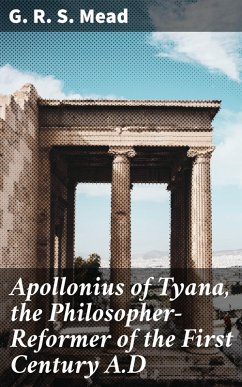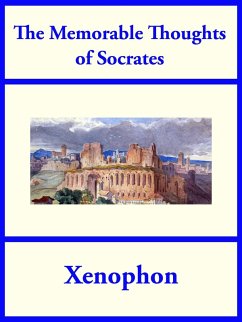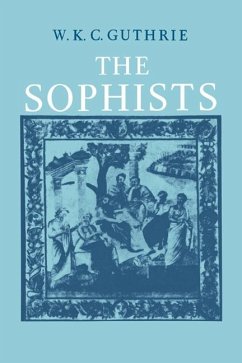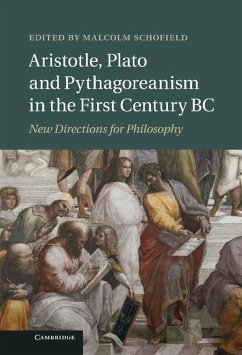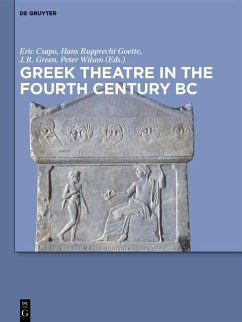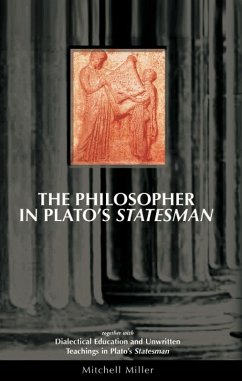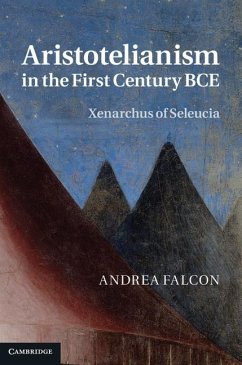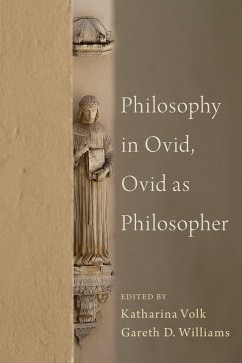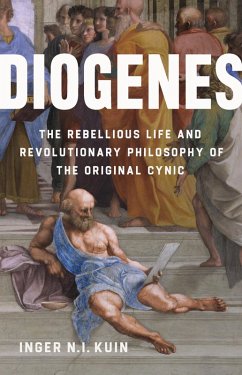
Apollonius of Tyana, the Philosopher-Reformer of the First Century A.D (eBook, ePUB)

PAYBACK Punkte
0 °P sammeln!
In "Apollonius of Tyana, the Philosopher-Reformer of the First Century A.D.", G. R. S. Mead offers a comprehensive examination of the enigmatic figure Apollonius of Tyana, a contemporary of Jesus Christ renowned for his philosophical insights and dramatic life. Mead employs a scholarly narrative interwoven with a rich tapestry of biographical detail, historical context, and philosophical exploration. His engaging prose adeptly situates Apollonius within the broader socio-cultural landscape of the Roman Empire while also delving into the Hellenistic and Eastern influences that shaped the philos...
In "Apollonius of Tyana, the Philosopher-Reformer of the First Century A.D.", G. R. S. Mead offers a comprehensive examination of the enigmatic figure Apollonius of Tyana, a contemporary of Jesus Christ renowned for his philosophical insights and dramatic life. Mead employs a scholarly narrative interwoven with a rich tapestry of biographical detail, historical context, and philosophical exploration. His engaging prose adeptly situates Apollonius within the broader socio-cultural landscape of the Roman Empire while also delving into the Hellenistic and Eastern influences that shaped the philosopher's thought. The book is particularly compelling for its attempt to reconcile Apollonius's teachings with those of other spiritual leaders of the time, thus illuminating the complexities of first-century philosophical discourse. G. R. S. Mead, a noted scholar of Gnosticism and early Christianity, draws upon his deep understanding of ancient texts and mystical traditions to present this intricate portrait of Apollonius. Mead's academic rigor is bolstered by his fascination with the spiritual movements that defined his era, lending a unique perspective to the philosopher's life. His extensive background in the esoteric and philosophical traditions provides readers with contextual insights that enrich their engagement with the text. Readers seeking an enlightening exploration of this historical figure will find Mead's work to be an indispensable resource. Not only does it serve as a significant study for those interested in the intersections of philosophy and spirituality, but it also invites a broader consideration of the themes of reform and moral philosophy that resonate through the ages. This book stands as a testament to the enduring legacy of Apollonius and his relevance in contemporary discourse.
Dieser Download kann aus rechtlichen Gründen nur mit Rechnungsadresse in A, B, BG, CY, CZ, D, DK, EW, E, FIN, F, GR, H, IRL, I, LT, L, LR, M, NL, PL, P, R, S, SLO, SK ausgeliefert werden.




